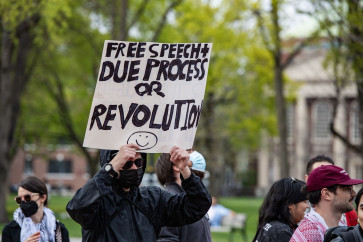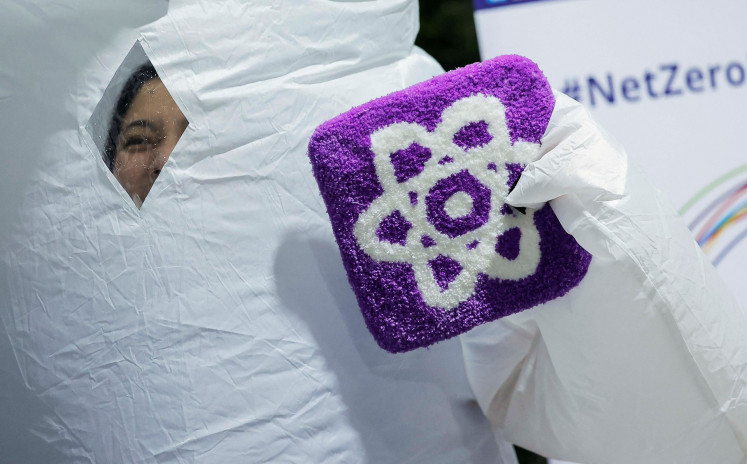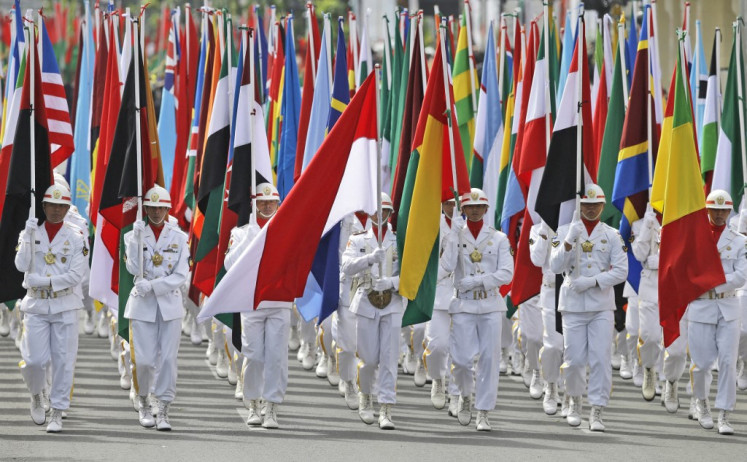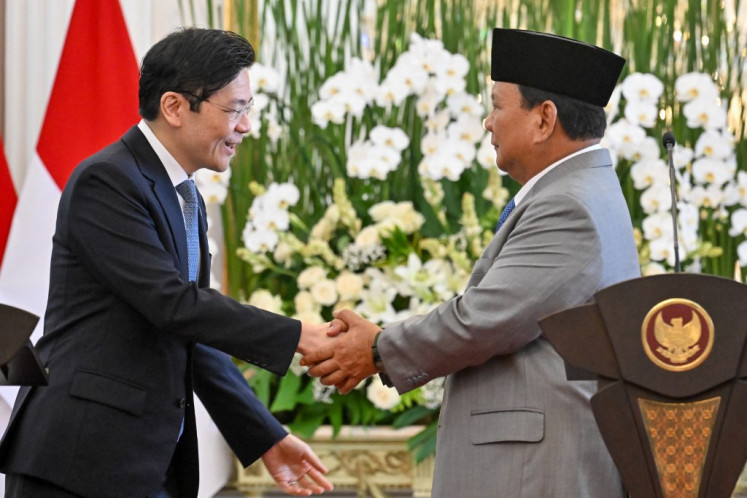COMMENTARY: Apathy, distrust could bungle Trump in Palestinian peace process
Now President Trump has to deal with the insurmountable task of dealing with growing apathy among those affected by the conflict.
Change text size
Gift Premium Articles
to Anyone
 Peace has been negotiated previously, in 1978 at Camp David, 1991 in Madrid, 1993 in Oslo and 2000 at Camp David again, and yet a resolution to the conflict has not been reached. (Shutterstock/-)
Peace has been negotiated previously, in 1978 at Camp David, 1991 in Madrid, 1993 in Oslo and 2000 at Camp David again, and yet a resolution to the conflict has not been reached. (Shutterstock/-)
D
espite United States President Donald Trump’s quirks and idiosyncrasies, it is easy to see why the Israeli public and government welcome his ascent to power. After Barack Obama’s eight-year strained relationship, which included his frosty relationship with Israeli Prime Minister Benjamin Netanyahu and his constant badgering over the settlement issue, Israelis can now draw a sigh of relief. After all, Trump promised on the campaign trail that he would move the US Embassy in Israel to Jerusalem — probably unaware of the complexity of the situation on the ground.
But just like any other US president in the past who has attempted to bring a permanent solution to the Israeli-Palestinian conflict, Trump soon discovered there would be no quick fix to the problem. Soon after being sworn in Trump talked about the possibility of supporting a one-state solution.
He changed his mind after a meeting with president of the Palestinian authority Mahmoud Abbas earlier this month, where the billionaire president expressed his support for Palestinian selfdetermination. Now Trump has woken up to the reality that there’s no solution other than the two-state solution. Trump’s visit next week to Jerusalem will be the opening shot to pursue his plan for the peace process, which his aides describe as “the ultimate deal.”
But Israelis have seen this movie before. Peace has been negotiated previously, in 1978 at Camp David, 1991 in Madrid, 1993 in Oslo and 2000 at Camp David again, and yet a resolution to the conflict has not been reached. Now President Trump, or whichever party works to find a solution to the conflict, has to deal with the insurmountable task of dealing with growing apathy among those affected by the conflict.
For Israelis, two decades of peace processes only ended in renewed violence during the second Intifada in 2000. This was the punch in the gut that would shake their belief in any peaceful resolution. Although 59 percent of Israelis back the two-state solution, a recent poll found, many were convinced that they would not see peace during their lifetimes. Many in Israel believed the rightward shift in politics, with the rise of ultra-nationalist political parties, could be seen as punishment for left-leaning political parties, which had attempted to negotiate peace with the Palestinians in the past.
“Since the Oslo Agreement was signed, we’re moving further away from the two-state solution,” said Oded Revivi, the international liaison of the Council of Jewish Communities in Judea, Samaria and the Gaza Strip, to a group of Asian journalists on a visit to his community in the Gush Etzioni region.
Then there’s the problem of mutual distrust between Israelis and Palestinians, which has only grown worse in recent years. Despite the growth in grassroots movements attempting to build understanding between members of the Jewish and Arab communities, distrust is at an all-time high especially due to the constant barrage of hate propaganda broadcast on television channels and social media.

















